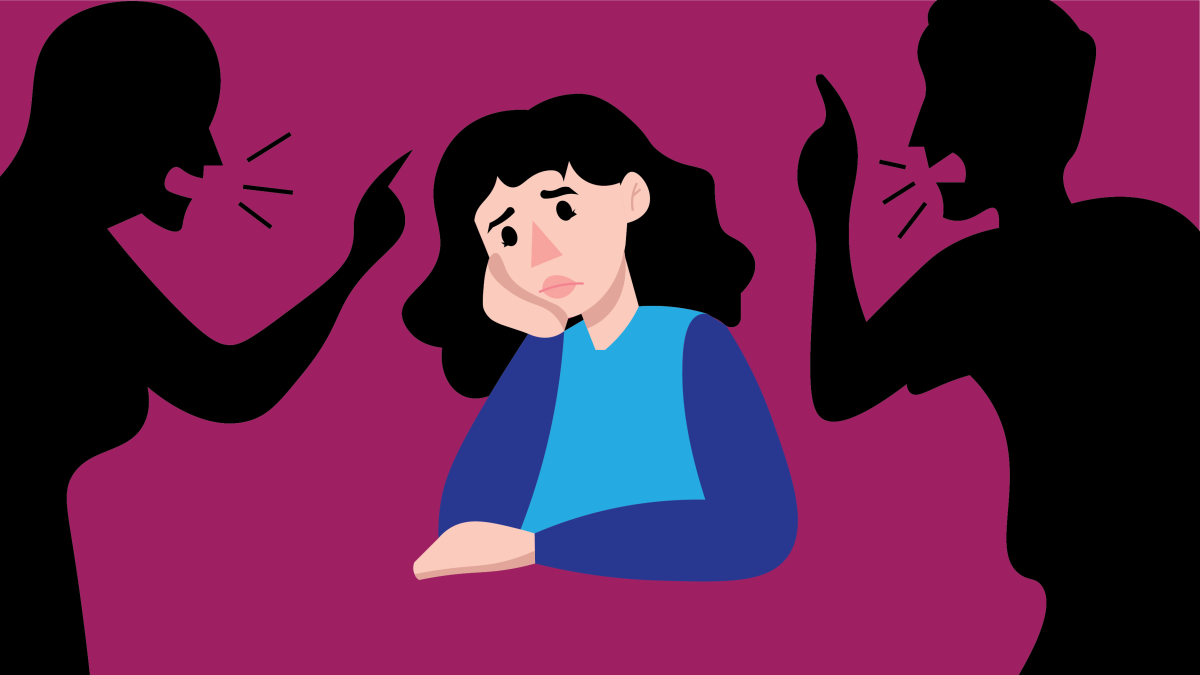In the story of our own lives, we are the main character, the protagonist, the hero. Anyone who acts in a way that conflicts with the desires we have for our lives is often branded as a villain in our personal narrative.
Your significant other broke up with you, so you label them to be a villain.
Your friend told you that they were too busy to hang out, but you see a social media post of them out with other people. They lied to you and hurt you. They, too, receive the label of villain.
Your mom won’t let you go to the house party everyone else is going to. She’s the villain, destroying the quality of your social life.
Whether they were intentional or not, the actions of these villains negatively affected different aspects of our lives. They opposed the goal of the hero in our story.
But each of these villains also has a story of their own lives, where they are the hero.
Your significant other, while hurting you in the process, was most likely dealing with things you didn’t know about. They decided to put themselves first, making a decision best for them.
Your friend may have made those plans months ago, with people you aren’t close with. She decided that claiming to be busy was her best choice of action in that moment. She didn’t intend to act in a cruel manner.
Your mom, like most moms, wanted to do what was in the best interest of her child. She wanted to keep you safe, even if it meant enforcing strict rules.
In the multitude of life stories that exist in the world, there are an endless number of heroes and villains. You may be portrayed as a hero in one story and a villain in another, and the cycle continues. But being the villain in someone else’s story doesn’t necessarily make us bad people.
You and a classmate are interviewing for the same internship. You receive the news that you landed the job, while your classmate receives a rejection. From their point of view, you are the villain that took the internship they wanted. You negatively affected the trajectory of their life plan.
The boss of a company must fire an employee due to budget cuts. That employee’s termination meeting is most likely going to ruin their day. While the boss becomes the villain of that employee’s life, he acted in a manner that was a part of his position in the company.
The classification of hero or villain is simple. It’s good versus bad. If you’re good, you’re a hero. If you’re bad, you’re a villain. But placing people in these categories isn’t realistic because as humans, we are all imperfect.
We make multiple heroic and villainous choices every second of every day.
You can’t control how others narrate their own life stories, so accept that you may be portrayed differently by others and continue to live as the hero of your life.
Lauren Madden is a 21-year-old mass communication senior from Mandeville.





